Here are 5 remedies to relieve backache at home
Sun 10 Dec 2023, 20:53:09

Backache has been a common discomfort among individuals in today’s sedentary lifestyle. According to a study, up to 80% of individuals experience back pain at least once in their lifetime. From poor posture to very little physical movement, there are several reasons for your back problems. While professional medical advice should always be sought for persistent or severe pain, there are several home remedies that may provide relief for milder cases. Here are 5 ways to treat your back pain at home.
Heat and cold therapy:
One of the oldest and simplest remedies for back pain is the application of heat or cold. Applying a hot water bottle, heating pad, or warm compress can help relax muscles and improve blood circulation, reducing pain and stiffness. On the other hand, cold packs or ice wrapped in a cloth can reduce inflammation and numb the area. Heat and Cold therapy supply immediate relief.
Herbal remedies:
Turmeric, Devil’s Claw, and Ginger, all have anti-inflammatory properties that may help alleviate back and neck pain. Prepare a soothing tea by simmering fresh ginger and turmeric or just devil’s claw in water. You can add honey for sweetness. Consuming this tea regularly may contribute to
reducing inflammation and easing discomfort. However, if you have any underlying health conditions, then it is advisable to consult a healthcare professional before using herbal remedies.
reducing inflammation and easing discomfort. However, if you have any underlying health conditions, then it is advisable to consult a healthcare professional before using herbal remedies.
Massage and self-massage techniques:
Gentle massage or self-massage can provide relief by promoting blood circulation and relaxing tight muscles. Consider using massage oils or creams to enhance the experience. Focus on massaging the affected area with circular motions and gentle pressure, being cautious not to exacerbate the pain.
Stretching:
Engaging in gentle stretching exercises can help relieve tension in the muscles and improve flexibility. Incorporate slow, controlled stretches into your daily routine, focusing on the neck, shoulders, and back. Be cautious not to overstretch, and discontinue any exercise that causes increased pain.
Stay hydrated and maintain a healthy diet:
Dehydration can contribute to muscle stiffness, so it's crucial to stay adequately hydrated. Additionally, maintaining a well-balanced diet with sufficient nutrients, including calcium and vitamin D, can support overall musculoskeletal health. Include foods rich in these nutrients, such as dairy products, leafy greens, and fish.
No Comments For This Post, Be first to write a Comment.
Most viewed from
Most viewed from Health
AIMIM News
Asaduddin Owaisi files nomination papers on Friday
Apr 20, 2024
Owaisi Begins Election Campaign in Hyderabad
Apr 13, 2024
Bring back Indian workers in Israel: Owaisi
Apr 13, 2024
Latest Urdu News
Most Viewed
May 26, 2020
Do you think Ruturaj Gaikwad would be a good captain for Chennai Super Kings?
Latest Videos View All
Like Us
Home
About Us
Advertise With Us
All Polls
Epaper Archives
Privacy Policy
Contact Us
Download Etemaad App
© 2024 Etemaad Daily News, All Rights Reserved.

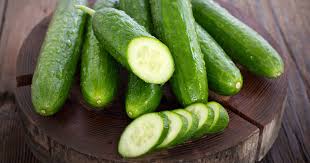




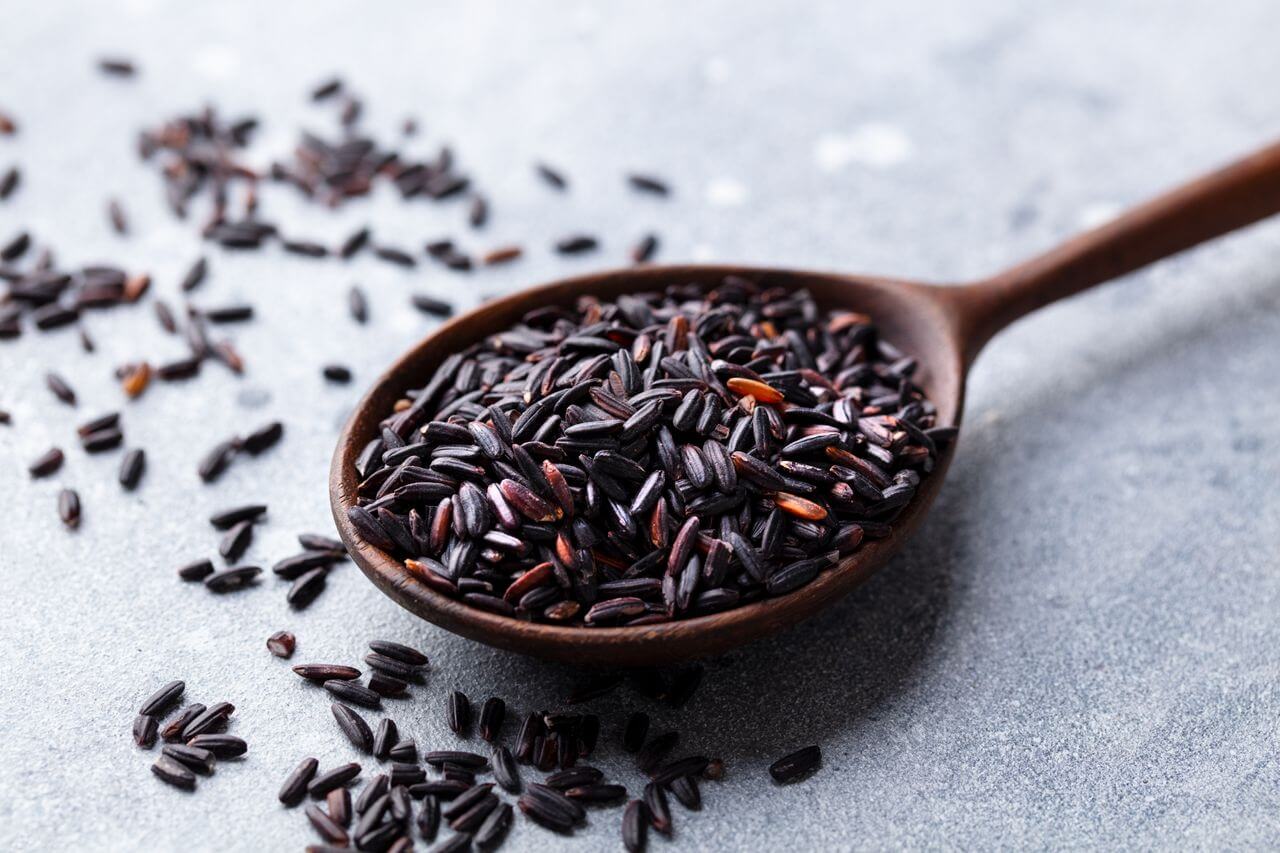

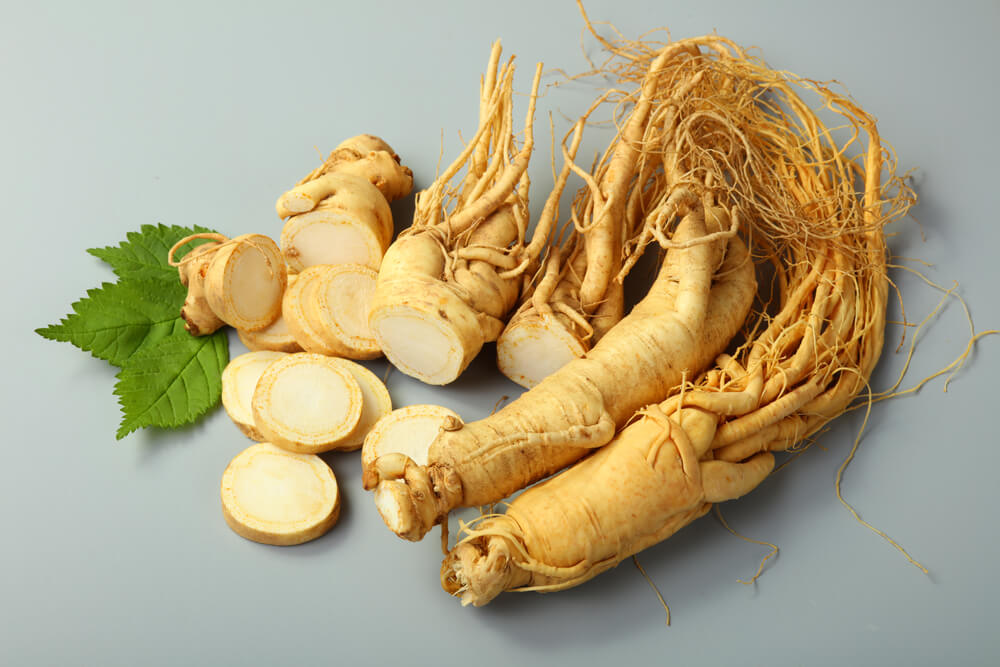
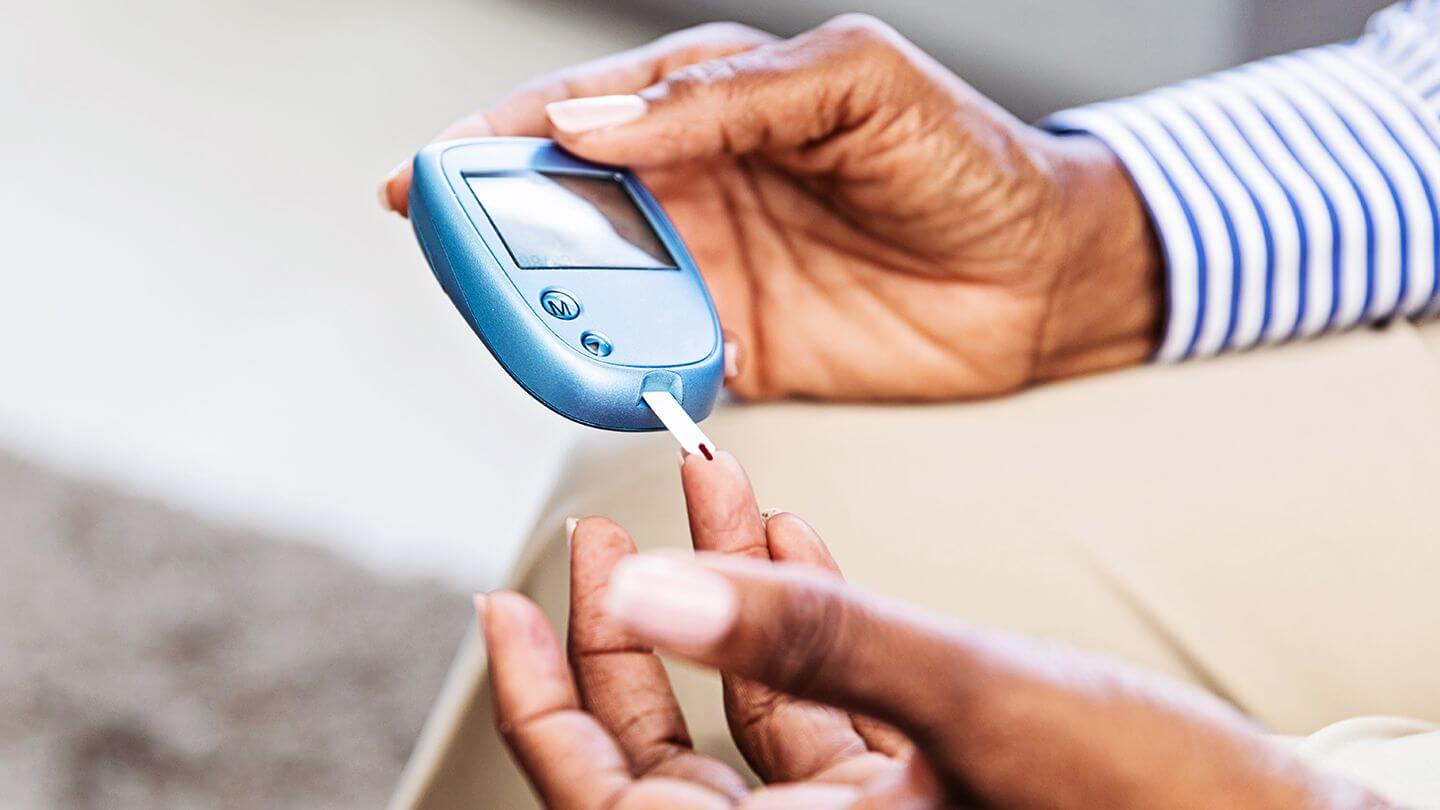

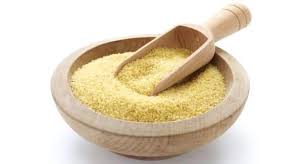
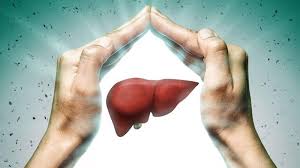
.jpg)
.jpg)
.jpg)
.jpg)
.jpg)
.jpg)
.jpg)
.jpg)
.jpg)
.jpg)
.jpg)
.jpg)
















